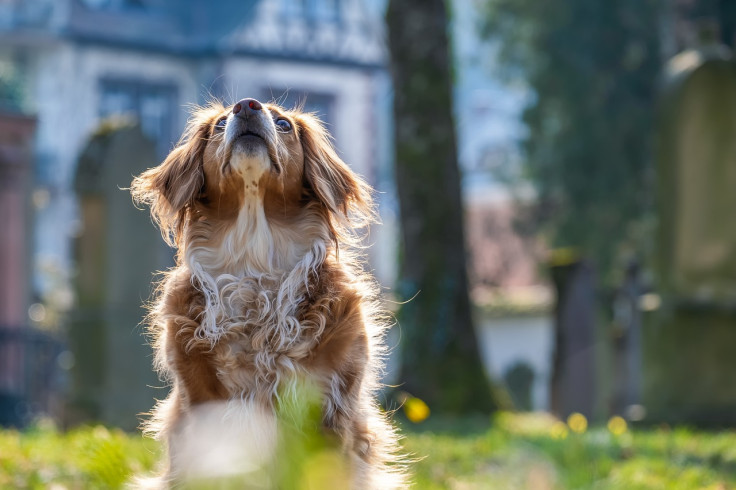Dog In Canada Dies Of Avian Flu, Officials Confirm
KEY POINTS
- The dog reportedly chewed on a wild goose
- It's the "only case of its kind" in Canada
- The Canadian government is "closely monitoring the situation"
A dog in Canada died of bird flu, officials have announced. Despite the "low" risk to the public, authorities are urging people to take extra precautions for themselves and their pets.
The Canadian Food Inspection Agency's (CFIA) National Centre for Foreign Animal Disease confirmed the dog's positive test result for highly pathogenic avian influenza (HPAI) on April 1, the CFIA and Public Health Agency of Canada noted in a joint statement.
The dog from Oshawa, Ontario was reportedly found to be infected after chewing on a wild goose and died after developing symptoms. A necropsy revealed Monday that there was "respiratory system involvement."
This is said to be the "only case of its kind" in the country.
This comes just days after the Canadian Wildlife Health Cooperative (CWHC) confirmed on March 30 that dead geese in Caledon, Ontario — some 80 kilometers (50 miles) from Oshawa — had tested positive for avian influenza (bird flu). The geese were tested and confirmed to have died from bird flu after authorities received reports of the dead geese in a stormwater pond.
Cases of avian influenza H5N1 in non-bird species such as dogs and cats are said to be "low," the CFIA noted. This is despite the recent massive outbreaks across the world and the sporadic detection of the virus in other mammals like raccoons and striped skunks. For instance, HPAI has reportedly been detected in foxes in Ontario, Quebec and British Columbia, as well as in dolphins and black bears in Quebec.
The risk to the general public is also said to be "low," the agencies said, adding that there have been no reports of "domestically acquired human cases" of avian influenza in the country.
"(C)urrent scientific evidence suggests that the risk of a human contracting avian influenza from a domestic pet is minor," the agencies noted.
It is said to be "very unlikely" for a person to get infected with HPAI H5N1 from contact with an infected pet dog or cat. When people get avian influenza, this usually happens when the person has had direct contact with an infected bird or a "heavily contaminated" environment.
Still, members of the public are being advised to take extra precautions for their and their pets' health. For instance, they shouldn't feed their pets raw game bird or poultry meat, They shouldn't let their pets play with or eat dead or sick wild birds, and neither should they handle it or other dead wildlife themselves.
"The health and safety of Canadians remains our top priority, and the Government of Canada is closely monitoring the situation," the agencies noted in the statement. "We are tracking avian influenza activity in Canada and around the world, with domestic and international partners, including the World Health Organization."

© Copyright IBTimes 2025. All rights reserved.






















